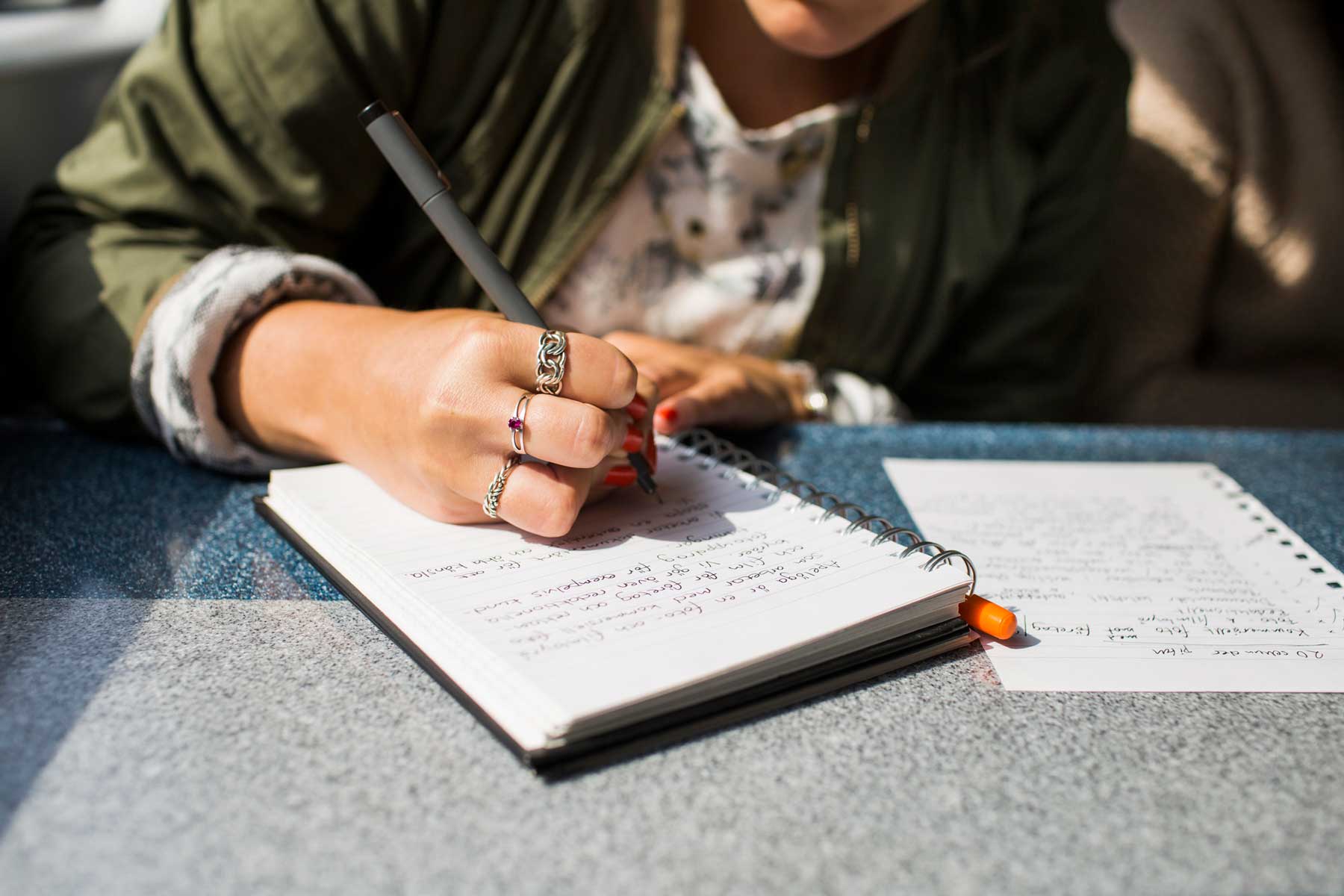The words “anxiety” and “panic” are often used interchangeably, especially among laymen. Though both terms have similarities, they are two different conditions according to medical professionals.
But that’s not the ultimate aim of this article, though it’s vital that we know the differences between them. Anxiety usually arises as a result of worry, stress, or an influence that causes both. On the other hand, panic attacks do not happen because of such triggers and may just come by “out of the blue”.
For those who think they may be suffering from severe panic attacks, we advise you to seek help from a mental health professional. As for those with anxieties, you may want to try these strategies to counter your uneasiness.
#1: Get moving
Exercising causes your brain to release chemicals called endorphins that aid us in feeling good. It can alter our mood for the better, which is why we often feel more relaxed and less stressed after a good workout.
Anxiety sufferers should engage in exercising as often as possible because there are tremendous benefits. For one, exercise is negatively associated with anxiety. The more consistent you are with your workout routine, the less anxious you might feel over the long term.
#2: Gamify your stressors
Gamifying a stressor is the mental process of converting an anxiety-inducing task into a more fun situation.
For instance, you have a pending assignment that makes you feel anxious. Why not turn it into a competition with yourself? Break the work down into small bits and find out how quickly you can achieve each mini task. When you succeed, remember to reward yourself!
Or, if you constantly feel stressed over your monthly presentations to the management, try wearing something comical under your formal workwear when the day arrives. It could be a skintight superman t-shirt or a colourful pair of socks to lift your mood instantly.
#3: Pen down your thoughts

Image Credits: travelandleisure.com
Anxiety can happen due to non-stop racing thoughts. When you find yourself getting trapped in a mental loop, penning down what bothers you can be a very effective way to offload it from your consciousness.
Interestingly, experts have hypothesised that the average person now remembers fewer things because of the ease with which we can look up information on the internet. Now, you can do the same with a journal. Write down your anxious thoughts somewhere, and let your brain offload them as you let the ink flow. Make it a habit to do so frequently or set a specific time to develop a routine.
#4: Stay hydrated
When work gets busy, it’s easy to forget our meals or stay hydrated. While most people are not dehydrated to the point of needing medical attention, it is fair to say that the average person does not drink eight glasses of water daily.
Dehydration can lead to symptoms such as bad headaches as a result of slower blood and oxygen flow to the brain. With that said, the loss of blood flow to the brain can exacerbate your anxiety numbness, which you want to avoid.
#5: Engage in positivity
We have more control over our minds than we think, and one of the most effective ways to reduce anxiety is to begin rewiring yourself for positivity. Have you realised that it starts to snowball when you allow one lousy thought to enter your mind?
When you find yourself entertaining negative thoughts, redirect yourself and find something nice to say. Thinking more positively, in general, is likely to improve your anxiety and your general outlook on life.
#6: Observe your social environment

Image Credits: shrm.org
While being positive helps, it is sometimes hard to maintain that attitude if surrounded by relentlessly or persistently negative people.
Yes, we all have that one co-worker who is always gossiping about someone else. That same colleague could also be a friend or family member who complains non-stop about his or her life. While we obviously can’t disengage from our co-workers or cut off contacts completely, it’s possible to be aware and adjust your exposure with them accordingly.
#7: Find a healthy distraction
Sometimes when anxiety visits, we seek solitude to be with our thoughts or remove ourselves from a stimulating environment. This can be an excellent mechanism to cope at times, but it can also work against us when we allow our thoughts to take over.
Finding a way to distract yourself when you feel anxious can help minimise those thumping thoughts and regain your focus. While meeting friends or picking up a new hobby may help, introverts can sometimes feel overwhelmed with such activities.
If that is you, why not try spring cleaning as an effective distractor? Engaging in the act helps us alter and clean our physical environment, which is also therapeutic. On days when you don’t feel like cleaning, how about solving a puzzle or playing a simple game?
By limiting the amount of time anxiety creeps up on you, you can reclaim your mind control and strengthen your stress control muscle. All will be well again!

